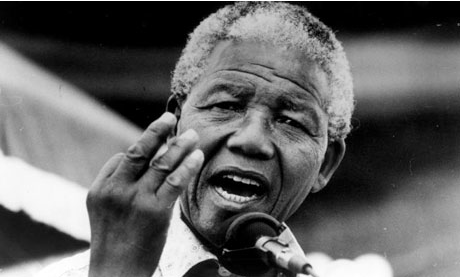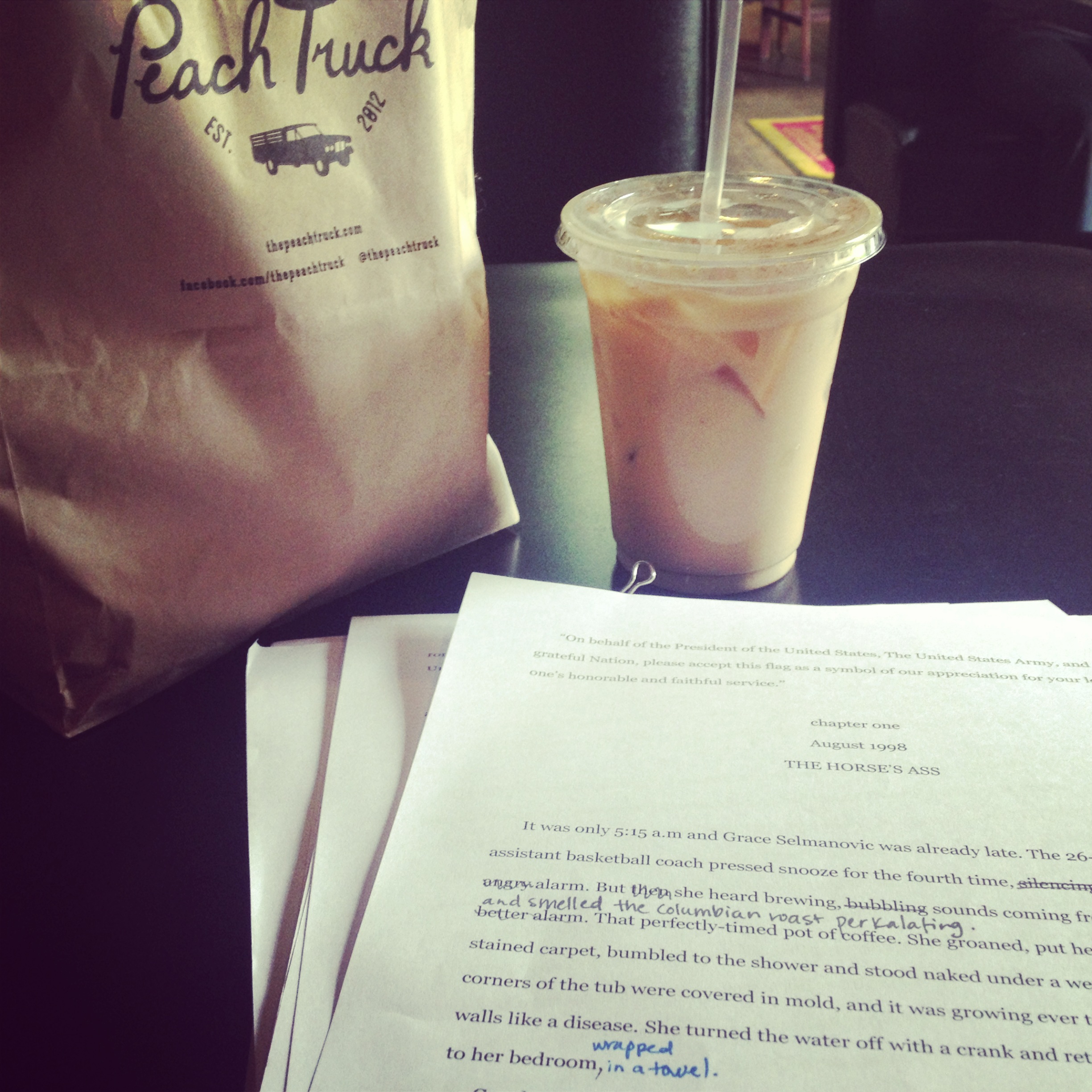 Recently, I had the privilege of working with Mark Baas, the founder and genius behind Baas Creative. Like me, Mark is a storyteller (albeit a much more experienced one). While he was in Nashville, Mark taught me something about stories that I will never forget.
Recently, I had the privilege of working with Mark Baas, the founder and genius behind Baas Creative. Like me, Mark is a storyteller (albeit a much more experienced one). While he was in Nashville, Mark taught me something about stories that I will never forget.
Have you ever heard of Plot Point 1 and Plot Point 2?
Every story ever told has a Plot Point 1 and a Plot Point 2. In most feature-length films, Plot Point 1 happens at minute 30. It's the moment where a problem or conflict is introduced to the main character. To borrow words from Nashville author Adam Ross—Plot Point 1 is the moment that makes this day unlike any other day. It's the moment the main character "steps of the dime."
The rest of the movie (or book, or 5-minute film) is all focused on resolving that initial tension. But it's not so easy. There are barriers to resolving what has gone wrong. And there's backstory to deepen our limited understanding. And then, just when you think it can't get any worse...
Plot Point 2. Plot Point 2 is the moment where the barriers suddenly become mountains. What was a difficult challenge now seems an impossibility. There's a twist in the story and the main character may never actually make it back home, or to the end goal. It seems all hope is lost.
And then. There's resolution. The rest of the story, Mark explained, answers the questions posed by the original conflict. The problem that started all the way at the beginning.
Let's take The Sandlot, for example.
Plot Point One: The neighborhood boys invite Scotty Smalls to play baseball, but he is so terrible, it's embarrassing. His step-father won't teach him how to play, and it seems Smalls is destined to spend the summer isolated from any friends, and his life isolated from his step-father.
Barrier after Barrier and Backstory: There are days that are too hot to play baseball. A lost ball over the fence that requires the boys to pull together all their money to buy a new ball. There's some backstory about a monster dog next door. And there's this mystery about The Great Bambino...
Plot Point Two: Scotty Smalls hits his very first home run over the fence and into the yard with the monster-dog. But it just so happens it's the ball he stole from his step-father that is signed by Babe Ruth. Now it seems that even though Smalls is finally good at baseball... his step-father might KILL him—and the tension may never be resolved. Smalls may be forced to spend the rest of his life without a real father. All hope is lost.
Resolution: They finally get the ball back. Smalls is seen throwing a ball with his step-father, and he's actually good at it. He calls his step-father "dad."
Here's the thing.
If you look at every movie, book, or story you've ever read—it will have these elements. But I don't think it's just a coincidence, or some formula that some director or writer discovered some time ago. I think Plot Point 1 and Plot Point 2 are wired in our DNA because we are in the midst of the greatest story ever told. And that story—our story—has plot points, too.
Plot Point 1 happened very near the beginning. Adam, the first man, stepped off the dime and turned his back on the God that created him. His Father. It seems he will never have a chance to resolve this relationship, because the chasm between God and man is just too wide. In fact, once Adam stepped off the dime—he wasn't even sure if God actually loved him anymore.
Barrier after Barrier after Barrier: God continually tries to attract his people's attention. He sends prophets. And judges. And kings. He establishes a law to open His peoples' eyes. There are sacrifices made to atone for sins, but they don't last. People turn to other gods, they build golden calves, they are exiled away from their land...
...and then... Plot Point 2: God comes to earth in the form of a Man—the second man. But just when everyone thinks Jesus has come to save God's people and establish a new kingdom, he is rounded up by the Jews and Romans and is brutally killed. It seems the tension may never be resolved. We all might have to spend the rest of eternity separated from our Father. In a miraculous, earth shaking moment in history, Jesus rises from the dead and appears to over 500 people. But then He's gone.
Resolution: This is where we are today. Beyond Plot Point 2. The story is not over. The curtain has not been drawn. And you don't have to read the Bible to know how the story will end. We will end up back with our Father because that is where it all began. He is on mission, and the story isn't on hold. We are moving, ever faster, toward the final scenes.
And I believe the end will be more satisfying than the beginning.





 This is West Point. My once home.
This is West Point. My once home.